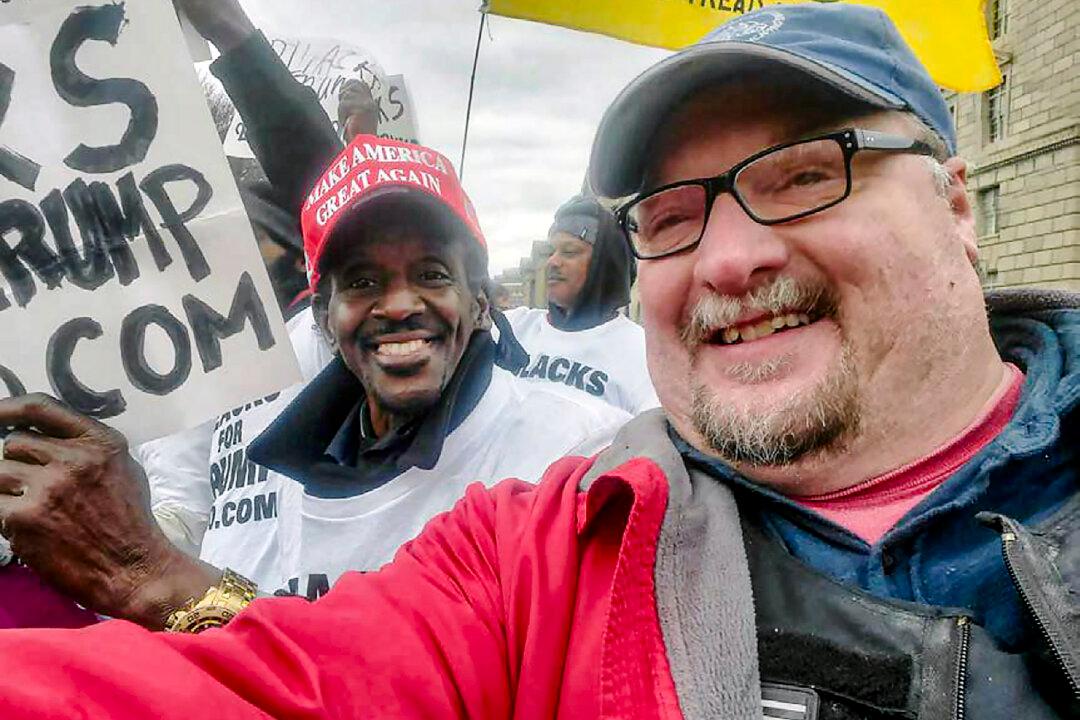The Supreme Court will hear the closely watched case of a Jan. 6 defendant on April 16, the court announced on Feb. 16.
The case could lead to the dropping of charges against many defendants who were charged in connection with the Jan. 6, 2021, protest of the impending congressional certification of the 2020 presidential election results at the U.S. Capitol in Washington.





